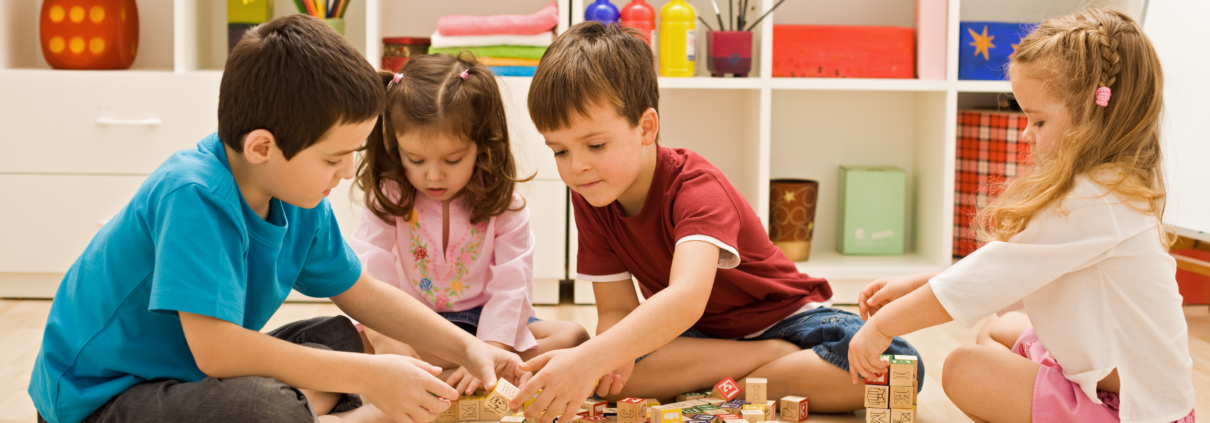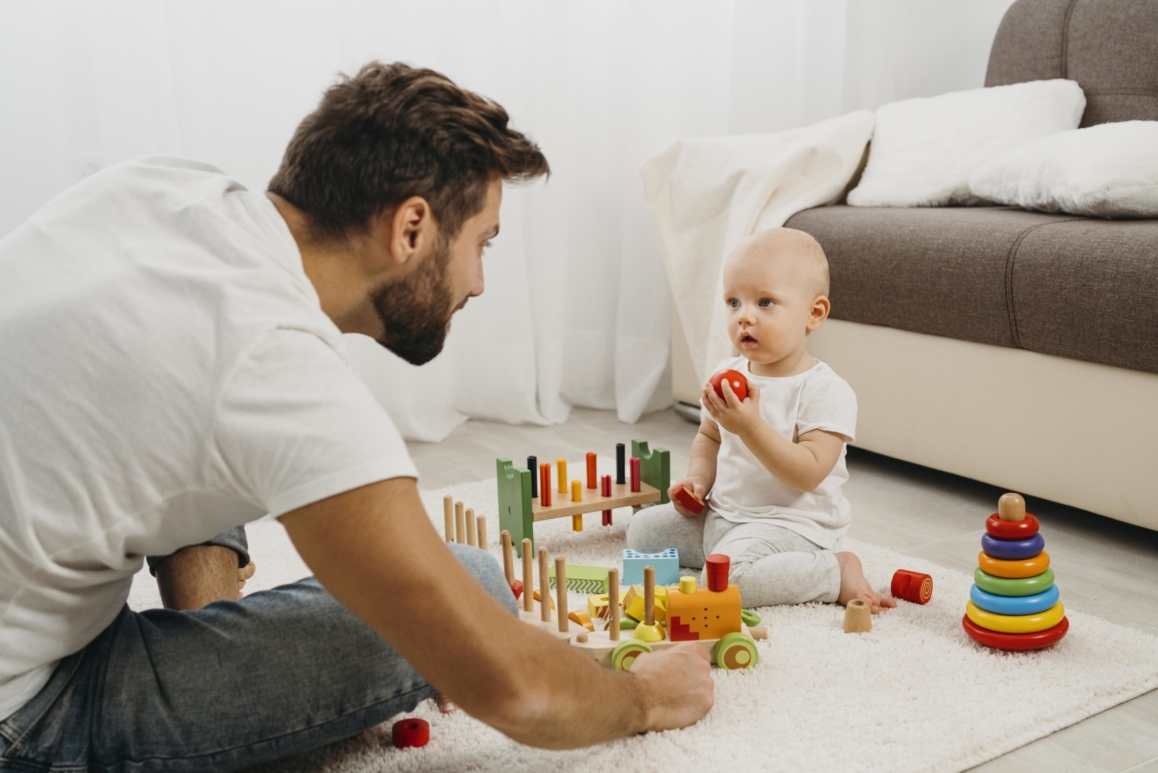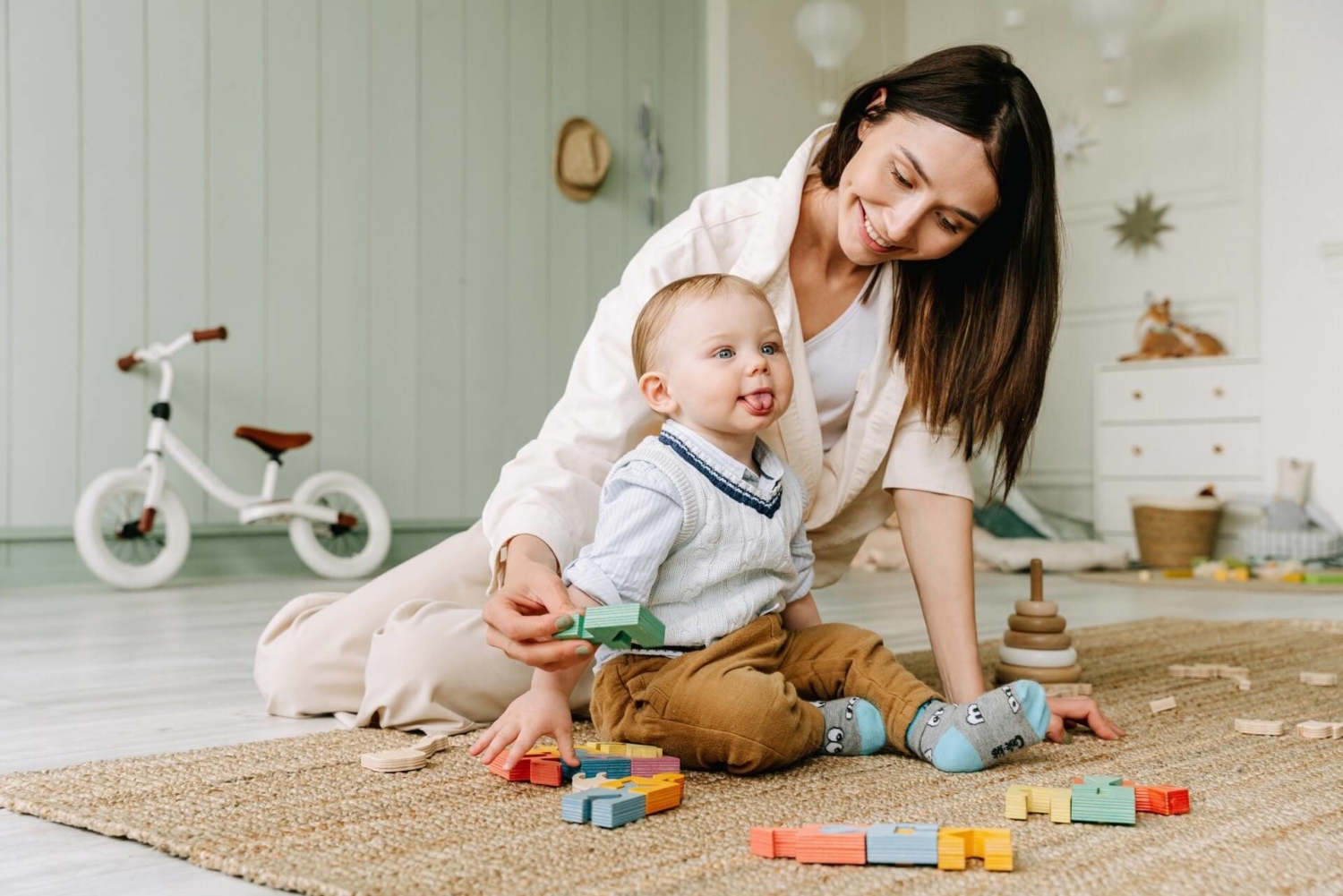Ways to Improve Social Skills for Children on the Spectrum
No parent likes to watch a child struggle in any scenario. As a developmental disorder, autism impacts a child’s ability to interact and communicate with others in a social situation such as a classroom, or outside amongst other peers. Having limited social skills does not mean that we cannot change that. Children diagnosed with ASD can benefit greatly from therapy, specifically applied behavior analysis (ABA) therapy, which is considered the ideal treatment for autism. Therapy sessions and expert interventions can improve the social skills of children with autism. However, it is equally important for the parents and caregivers to reinforce social skills training at home to achieve optimum results. To effectively treat children with ASD, parents need to be included in intervention efforts. Research suggests that parental involvement in treatment improves the generalizability of skills and increase the amount of intervention the child receives.
Thankfully, there are many ways one can improve and help their child learn the appropriate social skills.
CONSISTENT SCHEDULE
- Understand that very small or slight disruptions in their routine can cause a child with autism to feel distress and confusion. Try as much as possible to keep them to a consistent schedule and minimize any change in their routine. Having them in a setting where the child feels most comfortable and at ease, allows you to teach new skills and enhance their social skills.
PRACTICE PLAY
- Prior to having the child sent outside to play with others, practice playing with them in your own home. Observe and carefully acknowledge their behaviors throughout the game. It allows a parent to teach them the importance of rules, knowing when it is their turn to go, and being a good sport.
TALK THROUGH POSSIBLE SITUATIONS
- Discuss possible scenarios to prepare your child for instances he will experience. Show him pictures, drawings, or other visual items, to help communicate with your child and help the child communicate with others.
ORGANIZE GROUP ACTIVITIES
- Interaction for children with autism is an unfamiliar environment and sometimes can be overstimulating. Organizing games and group activities in which the child has a chance to lead, can really help them judge their own limits, stop when they exceed those limits, and gradually learn to interact effectively.
REINFORCEMENT
- Reinforce their positive behaviors simply by praising them or giving them a small prize. Children with autism have a hard time grasping what is expected from them and why they shall behave in a certain way.
PREPARE THE ENVIRONMENT TO SUCCEED
- Prepare the environment to succeed. Many children with ASD have sensory issues which can be one of the biggest challenges they experience. Bright lights or loud noises can become frightening or even painful and can lead to high anxiety and meltdowns. Make sure to sit down in a quiet and relaxed place. If needed give them a sensory toy such as fidget or a stress ball to help them relive their stress and block out uncomfortable sensory input.
PATIENCE WITH YOUR CHILD
- Always be extremely patient with your child. Know that it does take time to see your child progress. Be consistent and overtime you will see your hard work was worth all the time and effort you put in.
Please feel free to contact us for any more information.





Leave a Reply
Want to join the discussion?Feel free to contribute!